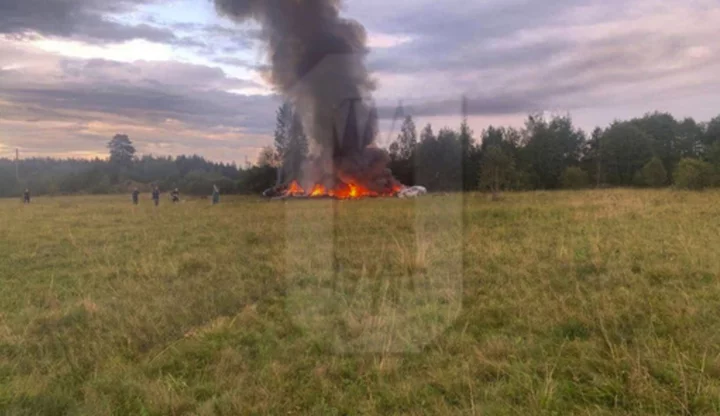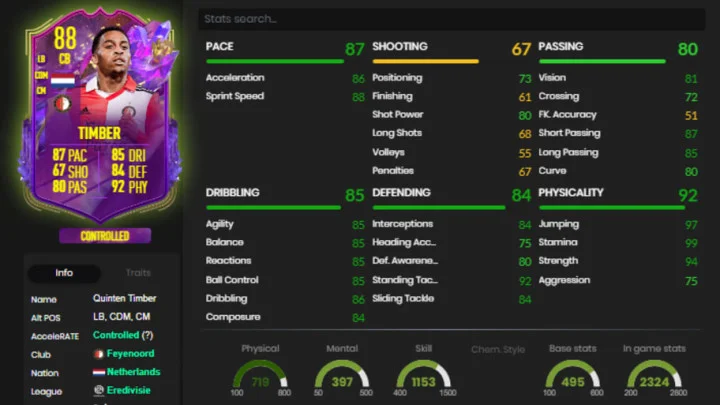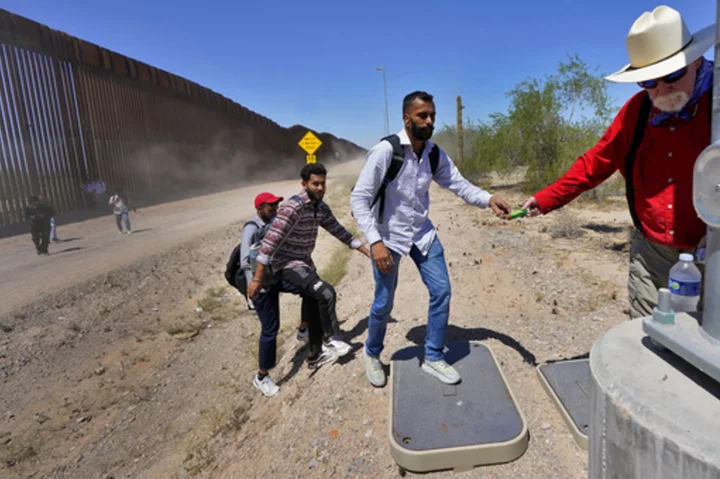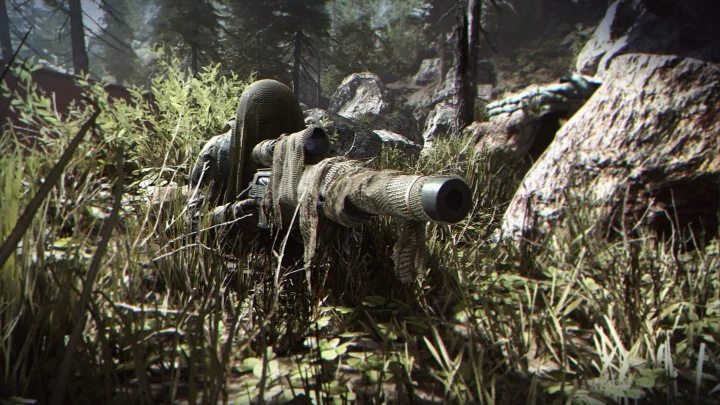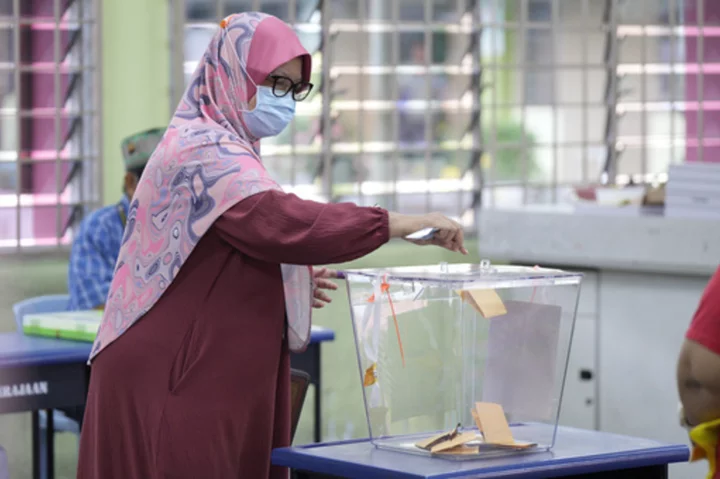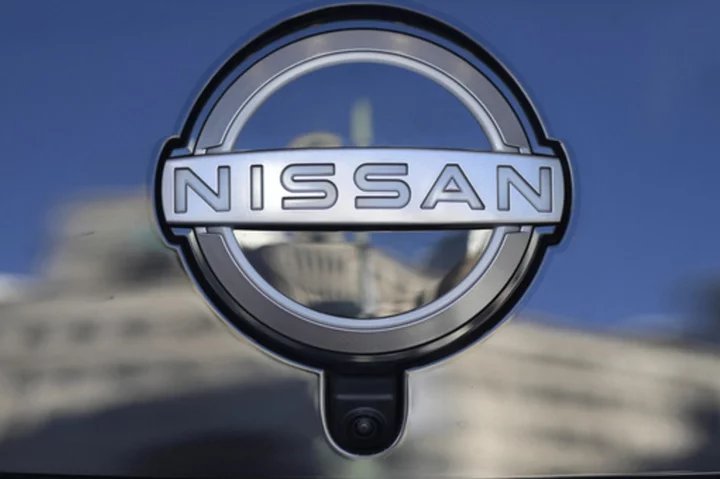Russian mercenary chief Yevgeny Prigozhin and top officers of his private military were presumed dead in a plane crash that was widely seen as an assassination, two months after they staged a mutiny that dented Russian President Vladimir Putin’s authority.
Russia's civil aviation agency said that Prigozhin and six top lieutenants were on a business jet that crashed Wednesday, soon after taking off from Moscow, with a crew of three. Rescuers quickly found all 10 bodies, and Russian media cited sources in Prigozhin's Wagner private military company who confirmed his death.
U.S. and other Western officials long expected Putin to go after Prigozhin, despite promising to drop charges in a deal that ended the June 23-24 mutiny.
“I don’t know for a fact what happened but I’m not surprised,” U.S. President Joe Biden said. “There’s not much that happens in Russia that Putin’s not behind.”
Prigozhin supporters claimed on pro-Wagner messaging app channels that the plane was deliberately downed and offered different theories for how.
Police cordoned off the field where the plane crashed as investigators studied the site. Vehicles were seen driving in to take the bodies, reportedly badly charred, for a forensic exam.
At Wagner's headquarters in St. Petersburg, lights were turned on in the shape of a large cross. Prigozhin's supporters brought flowers to the building in an improvised memorial.
While countless theories about the events swirled, most observers saw Prigozhin's death as Putin's punishment for the most serious challenge to his authority of his 23-year rule.
Tatiana Stanovaya, a senior fellow at the Carnegie Russia Eurasia Center, said on Telegram that “no matter what caused the plane crash, everyone will see it as an act of vengeance and retribution” by the Kremlin, and “the Kremlin wouldn’t really stand in the way of that.”
“From Putin’s point of view, as well as the security forces and the military — Prigozhin’s death must be a lesson to any potential followers,” Stanovaya said in a Telegram post.
In the revolt that started on June 23 and lasted less than 24 hours, Prigozhin’s mercenaries swept through the southern Russian city of Rostov-on-Don and captured the military headquarters there without firing a shot, before driving to within about 200 kilometers (125 miles) of Moscow in what Prigozhin called a "march of justice” to oust the top military leaders who demanded that the mercenaries sign contracts with the Defense Ministry. They downed several military aircraft, killing more than a dozen Russian pilots.
Putin first denounced the rebellion as “treason” and a “stab in the back” and vowed to punish its perpetrators, but hours later made a deal that saw an end to the mutiny in exchange for an amnesty for Prigozhin and his mercenaries and a permission for them to move to Belarus.
Details of the deal have remained murky, but Prigozhin has reportedly shuttled between Moscow, St. Petersburg, Belarus and Africa where his mercenaries have continued their activities despite the rebellion. He was quickly given back truckloads of cash, gold bars and other items that police seized on the day of the rebellion.
Earlier this week, the mercenary chief published his first video since the mutiny, declaring that he was speaking from an undisclosed location in Africa where Wagner is “making Russia even greater on all continents, and Africa even more free.”
Prigozhin's overseas activities reportedly have irked Russia's military leadership, who have sought to replace Wagner with Russian military personnel in Africa.

